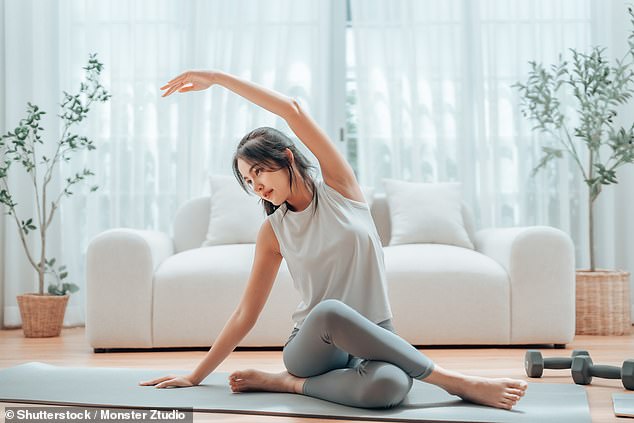
10-Second At-Home Fitness Test Predicts Lifespan and Health Outcomes
Simple Fitness Test Predicts Mortality Risk: Can You Sit and Stand Without Help?
[Image: Adults performing the sit-stand test]
A Brazilian study suggests that struggling to sit down and stand up without assistance could signal a higher risk of death within the next decade. Researchers tested over 4,000 adults aged 46–75, grading their ability to lower themselves to the floor and rise again with minimal support. Participants lost points for using hands, knees, furniture, or losing balance. Those scoring lowest faced up to a sixfold increased risk of dying from heart disease compared to top scorers. Each lost point correlated with a 31% higher chance of death from cardiovascular issues or other natural causes like cancer.
How the Test Works
Participants began with 5 points for sitting and 5 for standing (total 10). Points were deducted for using supports or instability. For example, grabbing a chair or wobbling reduced the score. After a 12-year follow-up, 15.5% of participants died, with cardiovascular disease (35%), cancer (28%), and respiratory illnesses (11%) as leading causes. Half of those scoring zero died during the study, versus just 4% of those scoring 10.
Why It Matters
Muscle strength, flexibility, and balance are linked to lower blood pressure, reduced inflammation, and better heart health. Lead researcher Dr. Claudio Gil Araujo noted this test uniquely combines assessments of “muscle strength, flexibility, balance, and body composition,” making it a powerful mortality predictor.
[Image: Graphic showing exercise benefits for heart health]
Just 20 minutes of daily activity can slash risks of chronic diseases.
Limitations
The study’s participants were from a single Brazilian clinic, limiting diversity. Smoking status—a key risk factor—wasn’t tracked. However, results highlight the importance of physical fitness in longevity.
Try the Test (Safely!)
- Clear space and place a mat on the floor.
- Stand barefoot, cross one foot in front of the other.
- Lower yourself to sit, then stand back up without using hands, knees, or support.
- Score yourself: 10 points if flawless; deduct 1 point per support used or 0.5 for imbalance.
Note: Consult a doctor before attempting, especially with joint issues.
Takeaway
While the test offers insight, comprehensive health evaluations and regular exercise remain critical. Even modest activity—like 20 minutes daily—can dramatically reduce disease risks.
[Image: Senior practicing balance exercises]
Improving flexibility and strength at any age can boost longevity.
Word count: ~600


